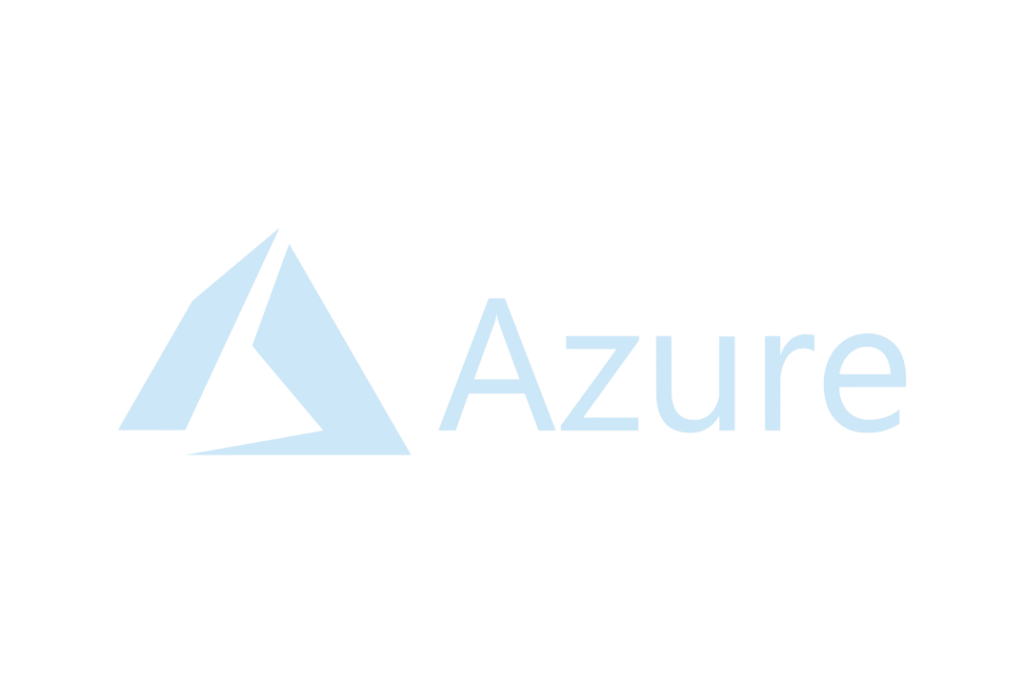Designing and Implementing Microsoft DevOps solutions
This course provides the knowledge and skills to design and implement DevOps processes and practices. Students will learn how to plan DevOps, use source code control, scale Git for an enterprise, consolidate artifacts, design a dependency management strategy, manage secrets, implement continuous integration, implement a container creation strategy, design a release strategy, set up a release management workflow, implement a deployment model, and optimize feedback mechanisms.
COD: AZ-400T00
Category: Microsoft

Teaching Methodology
The course includes didactic workshops in which each student will be able to work for the purpose of completing formative exercises that will provide hands-on experience in the use of the instrument, for each of the topics covered during the course.
Who should attend
The course is designed for individuals interested in designing and implementing DevOps processes or passing the Microsoft Azure DevOps Solutions certification exam.
Prerequisites
Successful students should have prior knowledge of:
- Cloud computing related concepts, including knowledge of PaaS, SaaS and IaaS implementations.
- Both Azure administration and Azure development with proven skills in at least one of these areas.
- Version control, Agile software development, and core software development principles. Experience in a software delivery organization would be helpful.
Knowledge/Skills Outcome
Students will learn how to plan DevOps, use source code control, scale Git for a business, consolidate artifacts, design a dependency management strategy, manage secrets, implement continuous integration, implement a container creation strategy, design a release strategy, set up a release management workflow, implement a deployment model, and optimize feedback mechanisms.
Training program
MODULE 1
- Introduction to DevOps
MODULE 2
- Choosing the right project
MODULE 3
- Describing team structures
MODULE 4
- Choosing DevOps tools
MODULE 5
- Planning in an agile way with GitHub and Azure Boards projects
MODULE 6
- Introduction to source code control
MODULE 7
- Describe the types of source code control systems
MODULE 8
- Using Azure Repos and GitHub
MODULE 9
- Structuring the Git repository
MODULE 10
- Managing Git branches and workflows
MODULE 11
- Collaborating with pull requests in Azure Repos
MODULE 12
- Identify technical debt
MODULE 13
- Exploring Git hooks
MODULE 14
- Plan to promote internal origins
MODULE 15
- Managing GIT repositories
MODULE 16
- Exploring Azure Pipelines
MODULE 17
- Managing Azure Pipelines agents and pools
MODULE 18
- Describe pipelines and concurrency
MODULE 19
- Exploring continuous integration
MODULE 20
- Implement a pipeline strategy
MODULE 21
- Perform integration with Azure Pipelines
MODULE 22
- Introduction to GitHub Actions
MODULE 23
- About continuous integration with GitHub Actions
MODULE 24
- Designing a container creation strategy
MODULE 25
- Introduction to continuous delivery
MODULE 26
- Creating a version pipeline
MODULE 27
- Exploring recommendations for versioning
MODULE 28
- Perform provisioning and testing environments
MODULE 29
- Manage and modularize activities and templates
MODULE 30
- Automate integrity monitoring
MODULE 31
- Introduction to distribution models
MODULE 32
- Implement blue-green distribution and feature toggles
MODULE 33
- Implementing canary and dark launching versions
MODULE 34
- Implement A/B testing and distribution with progressive exposure
MODULE 35
- Perform integration with identity management systems
MODULE 36
- Manage application configuration data
MODULE 37
- Explore infrastructure as code and configuration management
MODULE 38
- Create Azure resources using Azure Resource Manager templates
MODULE 39
- Create Azure resources using the Azure command line interface
MODULE 40
- Exploring Azure Automation with DevOps
MODULE 41
- Implementing Desired State Configuration (DSC)
MODULE 42
- Implementing Bicep
MODULE 43
- Introduction to Secure DevOps
MODULE 44
- Implementing open-source software
MODULE 45
- Analysis of software composition
MODULE 46
- Static analyzers
MODULE 47
- OWASP and dynamic analyzers
MODULE 48
- Security monitoring and governance
MODULE 49
- Exploring package dependencies
MODULE 50
- Information on package management
MODULE 51
- Migrate, consolidate, and protect artifacts
MODULE 52
- Implement a version control strategy
MODULE 53
- Introduction to GitHub Packages
MODULE 54
- Implement tools to track usage and flow
MODULE 55
- Develop dashboards for monitoring and status
MODULE 56
- Share knowledge within teams
MODULE 57
- Design processes to automate application analysis
MODULE 58
- Manage alerts, retrospective analysis without the search for culprits, and just culture
Duration – 4 days
Delivery – Classroom, On-Site, Remote
PC e SW requirements:
- Internet Connectivity
- Web browser, Google Chrome
- Zoom
Language
Instructor: English
Workshops: English
Slides: English











